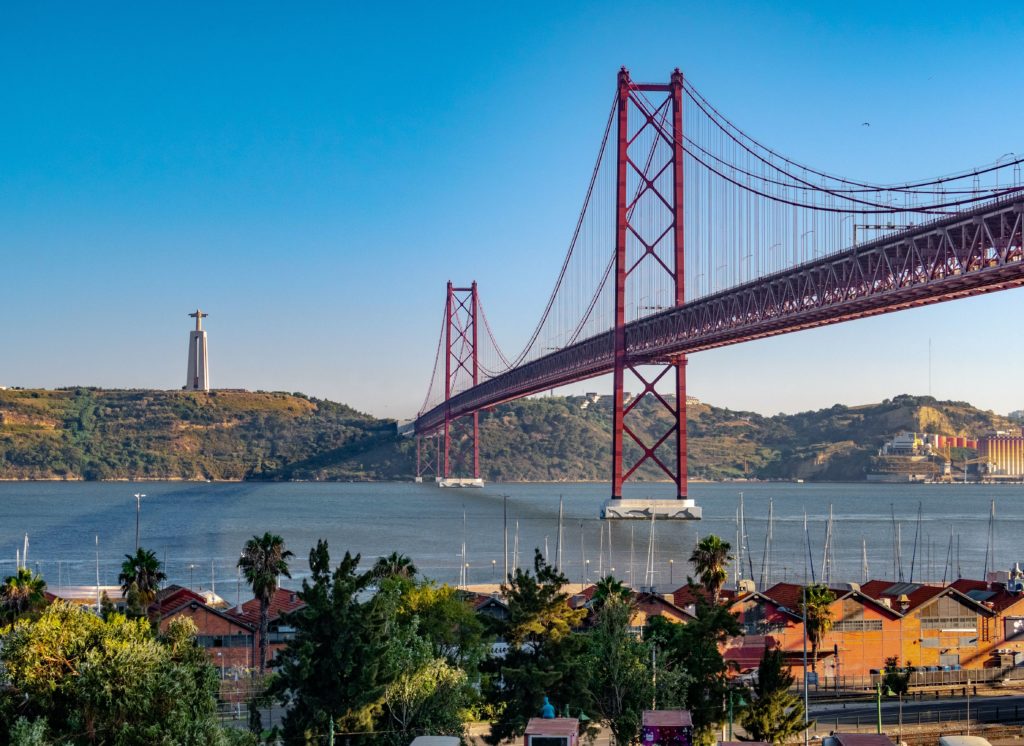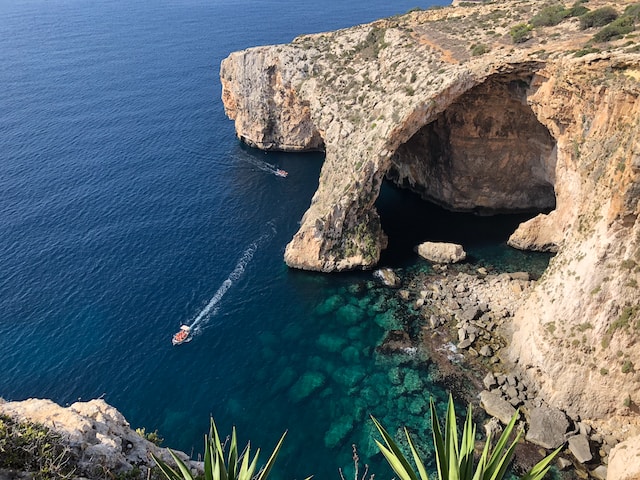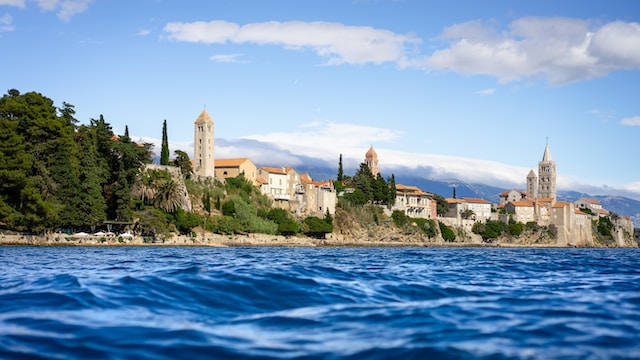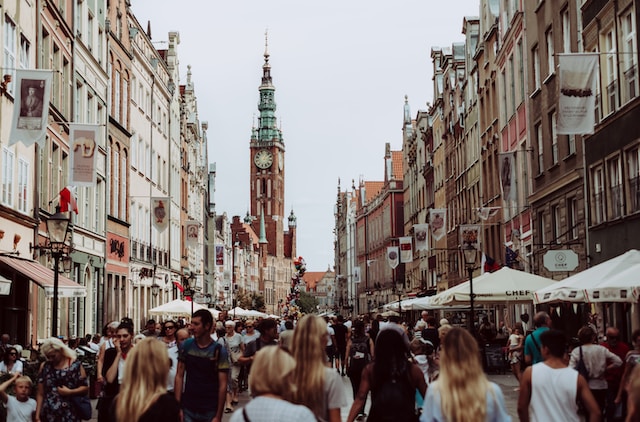Are you thinking of traveling abroad? Do the cozy climate, delicious food and warm-hearted people of Portugal intrigue you?

If you’re thinking of traveling to Portugal, the first puzzle you must solve is if you should get a Visa or a residence permit.
Portugal is blessed with a warm climate, diverse food, high-quality services, and a growing economy, making it a popular choice among immigrants looking to relocate. Over 600,000 of its population are expats, which is about 6.5 percent of the entire population. Immigrants prefer living in bigger cities like Brazil, Porto, Lisbon, etc because of the bustling life and thriving industries. Portugal grants foreign residents access to good welfare and education services.
The Portuguese immigration system is like many other EU member states. EU citizens have freedom of movement and Portugal is part of the Schengen Area. Non-EU nationals can move to Portugal to work, study, join family, or retire if they meet certain criteria. There is also a Golden Visa program, which aims to attract foreigners with money to invest in the country.
Service de Estrangeiros e Fronteiras is in charge of immigration into Portugal. As an EU member state, Portugal’s immigration system is similar to other EU countries, where EU citizens are allowed free movement within the Schengen Area.
Immigration in Portugal is based on nationality, the purpose of stay, and the intended length of time.
Like Portland, Portugal also has two types of immigration and visa systems:
- EU/EFTA Citizens
- Non-EU/EFTA Citizens
EU/EFTA Citizens immigration system in Portugal
As a member state of the EU, it allows the entry of EU/EFTA citizens and some family members who may not be citizens. As with other EU states, they can reside in Portugal for up to three months while looking for a job or starting a business.
Also, in one of the 26 European countries in the Schengen Area, persons from Schengen countries are allowed to travel into the country with just an identification document.
Even though EU/EFTA citizens can travel freely to Portugal, they need to have a registration certificate if they intend to stay longer than 90 days. They can also apply to become a permanent resident after living for five years in Portugal.
Non-EU/EFTA Citizens’ immigration system in Portugal
Immigrants from Non-EU or EFTA countries except the 61 countries in agreement with Portugal require a visa if they intend to stay in the country for less than 90 days. If you’re planning a short stay visit, then you should confirm if your country has an agreement with Portugal.
Non-EU citizens intending to reside for more than 90 days for different purposes, must acquire a long-term visa from the Portugal embassy in their home country than a residence permit after arrival.
Portuguese visas available to non-EU citizens
These are of three types:
- Short stay,
- Temporary stay,
- Long stay.
Short Stay visas known as Schengen Visa are for stays up to three months. If you’re traveling on a short vacation, family visit, business meetings, airport stopover, etc., you should apply for this visa.
The application should be made at a Portuguese Embassy or consulate six months before traveling. A Schengen short-stay visa costs €80 for an adult and €40 for children aged 6-12. Examples of short-stay visas are general short-stay visa, seasonal work visa, and airport transit visa. Requirements for a short stay visa include a valid ID, international passport, return ticket, health insurance, etc.
Temporary Stay visas are Portuguese national visas, which allow expats to live in Portugal for a maximum of one year. This visa allows leaving the country for short periods. Anyone staying longer than three months in Portugal needs this type of Visa, excluding family members of Portuguese residents and EU/EFTA expats.
The Temporary Stay visa cost is €75. Any child below six years is exempted from the fee. Documents required for the application are; a passport, return travel ticket, health insurance, proof of financial support, etc. Examples are; a temporary work visa for short-term employment, study visa for short courses, medical treatment visa, religious purposes visa, etc.
Long Stay visas are known as Residency Visas. Granted to immigrants staying for more than a year. They will need a residency permit to live in Portugal for the period. The price of a long-stay visa is €90.
Required documents are a passport, medical insurance, bank statement, etc… Examples include: a work visa for permanent jobs, study visa for courses longer than a year, internship/volunteering visa, family reunion visa, retirement visa, and several others.
Other types of visas are:
A golden visa scheme is a visa program designed to attract foreign investors to Portugal, granting them a residence permit if certain conditions are met like buying real estate or making a huge investment.
People seeking asylum can apply for residence in Portugal. As of 2019, 1,849 applicants applied for asylum in Portugal.
After living in Portugal for five years, you may then apply for permanent residence. Anyone with a permanent residence may apply for citizenship. Although, an expat married to a Portuguese may apply for citizenship after three years.




